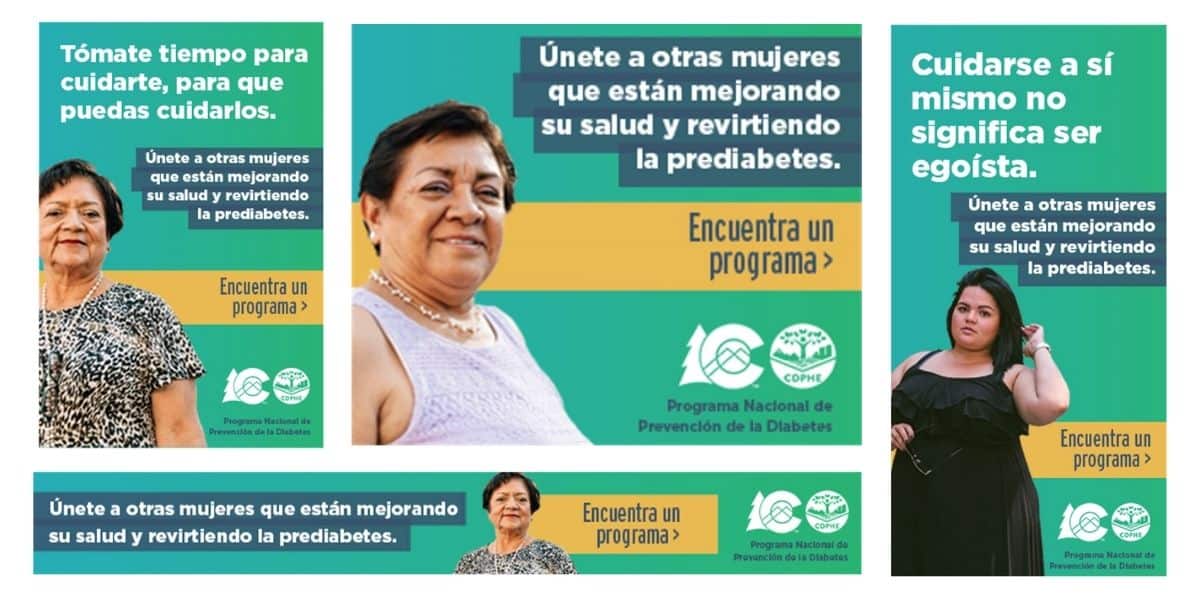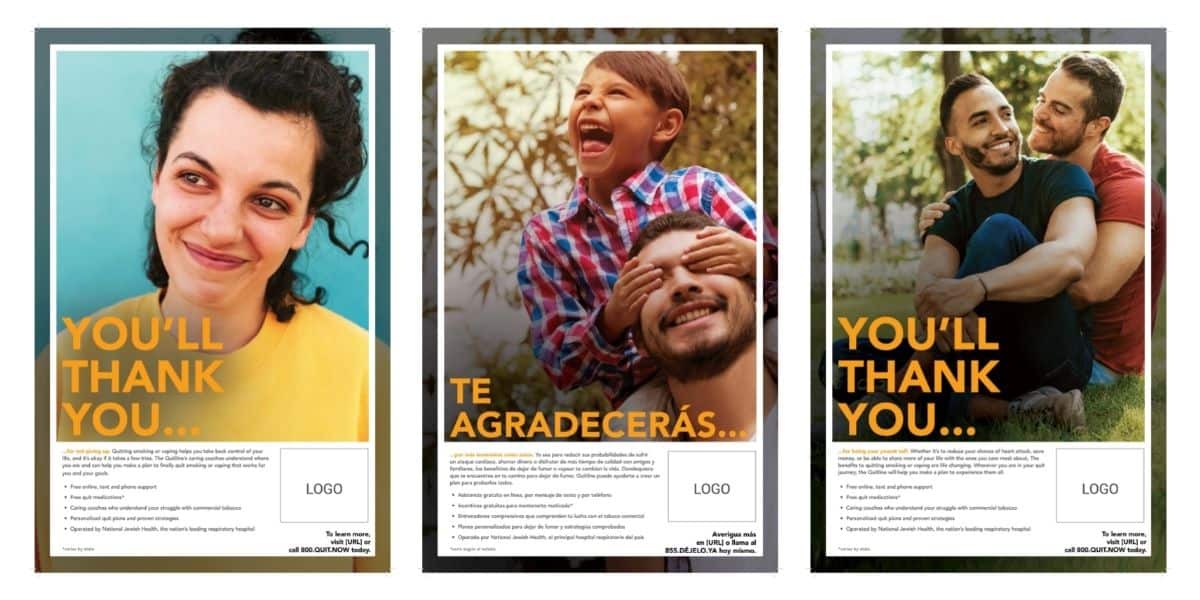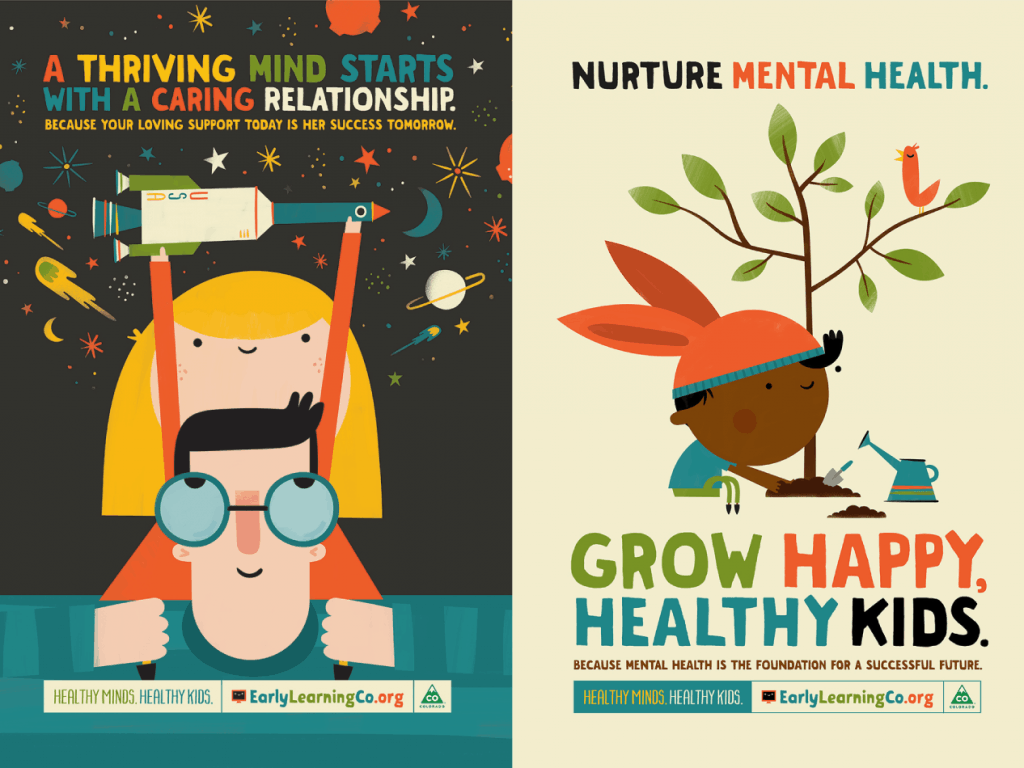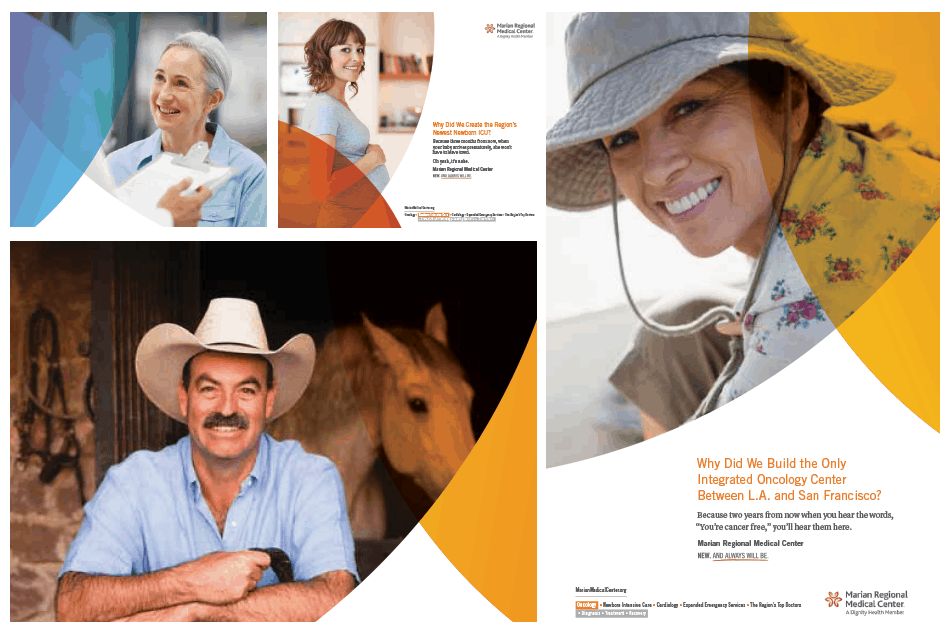“Gays are not welcome here,” said the man through the window of the blacked-out Tesla.
My sheepish response, “Oh, really?” But in my defense, it’s not something you expect to hear while walking your dog with your husband of 21 years in the City Park neighborhood of Denver. After all, Denver is a fairly progressive, major city. And it had been years since the last time I had someone so brazenly verbally harass me in public. Had I expected it, I might have had a more thoughtful response that made him think twice about believing he could be so cavalier with his bigotry.
“Gays are not welcome here.” It kept ringing in my head all night.
If you haven’t been on the receiving end of hate speech, it’s difficult to imagine the violation you feel. It’s scary because you think, if someone can so easily say such awful things to a stranger, what might they be willing to do to you physically as a demonstration of their intolerance for who you are?
I think I have a somewhat interesting perspective on the issue of growing intolerance.
As a white, cisgender man who can “pass”, I can blend in. I see and experience the privilege that white, cisgender men have. But at the same time, I can also understand what it feels like to live as a minority. Certainly not in the same ways and to the same degree that many people experience it. But at least a little.
I have also been around long enough to have gained the perspective that time brings.
Back when my husband and I first met, it wasn’t ok to be gay. We faced nearly daily harassment. However, as time passed, things improved for us. I can now see that 20 years of progress are being lost.
Not just for the LGBTQ+ community, but for immigrants, women, people of color, people with disabilities, religious minorities, and anyone whose existence challenges the rigid boundaries of those who define belonging through fear.
It feels like we’re slipping backward into something darker—something we thought we’d outgrown as a country. And maybe that’s what unsettles me most. Not the words themselves, but the realization that this kind of hate can exist comfortably in daylight again, met too often with silence.
We tell ourselves it’s isolated. We scroll past the stories. We say, “That’s terrible,” and move on with our day. But silence is not neutrality. It’s permission. When we don’t speak up, when we look away, we make space for hate to take root and grow bolder.
This isn’t about politics. It’s about people, our neighbors, our friends, our families, being told they don’t belong. We all have a stake in the kind of community we choose to build.
So, if you’ve found yourself sitting on the fence, wondering whether it’s really that bad, I invite you to look closer. Listen to what’s being said in your neighborhood, your workplace, your statehouse. Pay attention to who’s being targeted and who’s staying quiet.
And if you know me — if you consider me a good neighbor, a friend, a colleague — I ask you to think about what it would feel like to watch someone stand by while I was told I don’t belong. Then extend that thought to the people you don’t know, the ones being targeted, dismissed, or dehumanized in ways that might feel distant from your own life.
Today, it’s, “Gays are not welcome here.” Tomorrow, it will be someone else. As Pastor Martin Niemöller warned:
“First they came for the socialists, and I did not speak out—because I was not a socialist. Then they came for the trade unionists, and I did not speak out—because I was not a trade unionist. Then they came for the Jews, and I did not speak out—because I was not a Jew. Then they came for me—and there was no one left to speak for me.”
Because being complacent is being complicit. And right now, what’s needed most isn’t outrage. It’s courage. The courage to see clearly, to speak up, and to stand beside those who are being pushed to the margins.
Progress doesn’t sustain itself. People do.
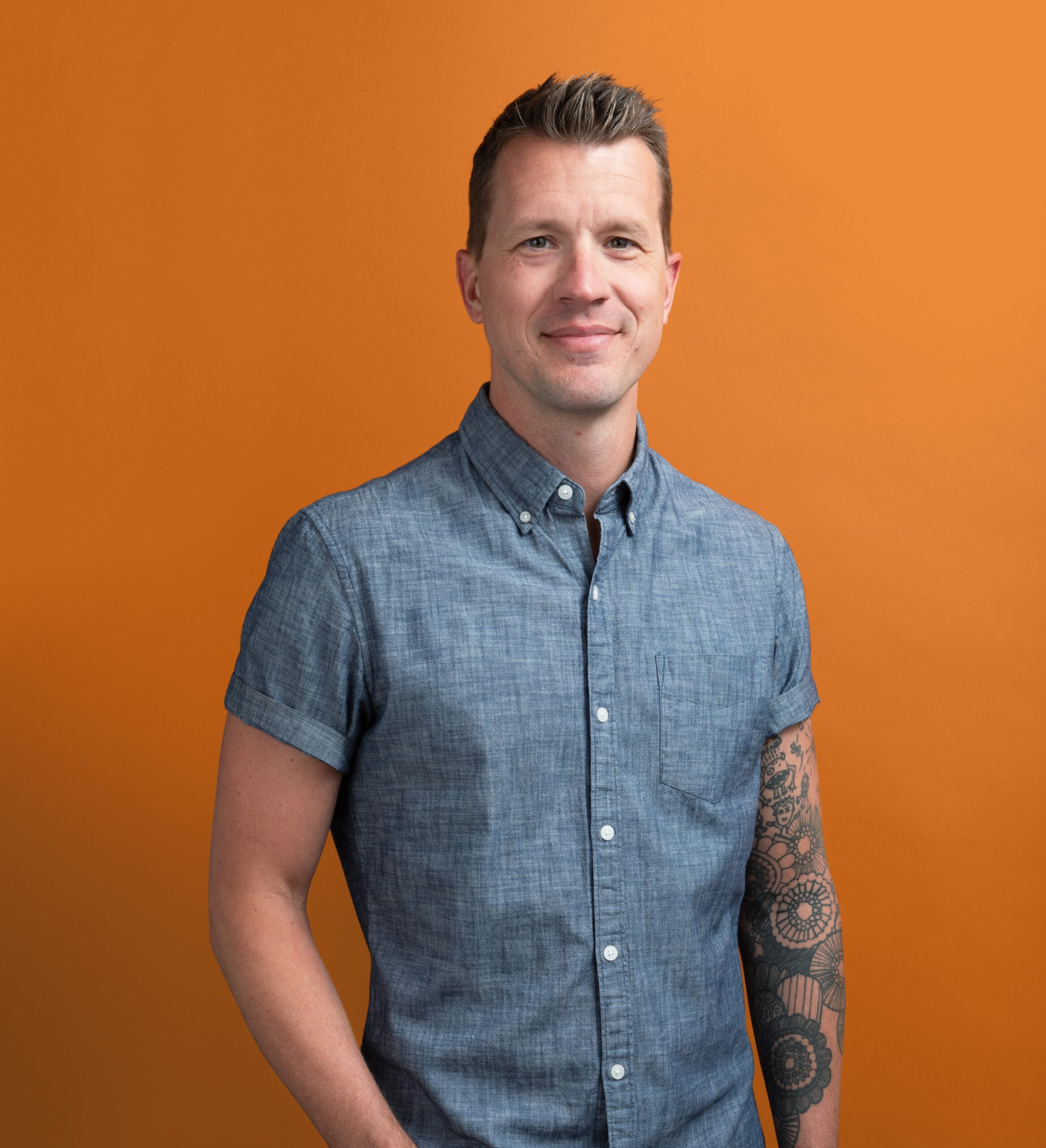
About the Author:
Brandon Zelasko (he/him), a Principal at SE2, is a dynamic force passionate about innovation, education, and community engagement. Beyond his professional role, Brandon embraces diverse interests, from painting to exploring the outdoors with his husband and rescue dog, Burger. Dubbed “Brandopedia” for his insatiable curiosity and wealth of knowledge, Brandon champions education equity, advocating for alternative pathways beyond traditional college routes. At SE2, Brandon’s commitment to innovation and growth drives him to make a meaningful impact on people’s lives through creative problem-solving and community involvement.


